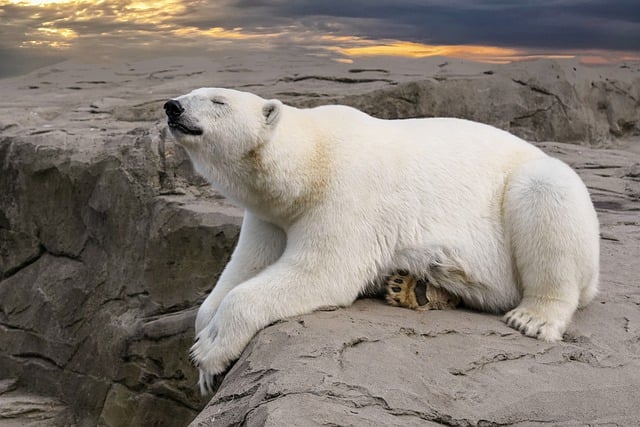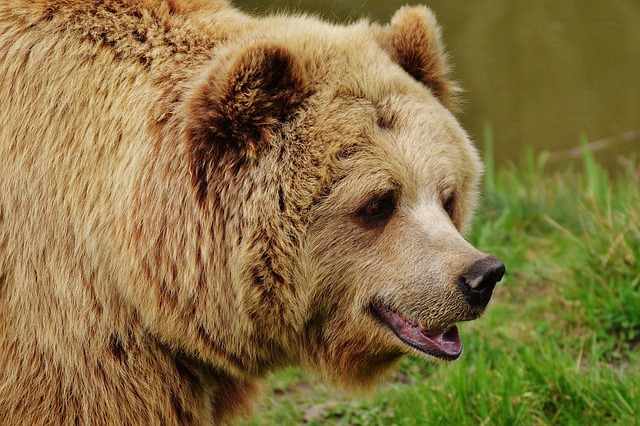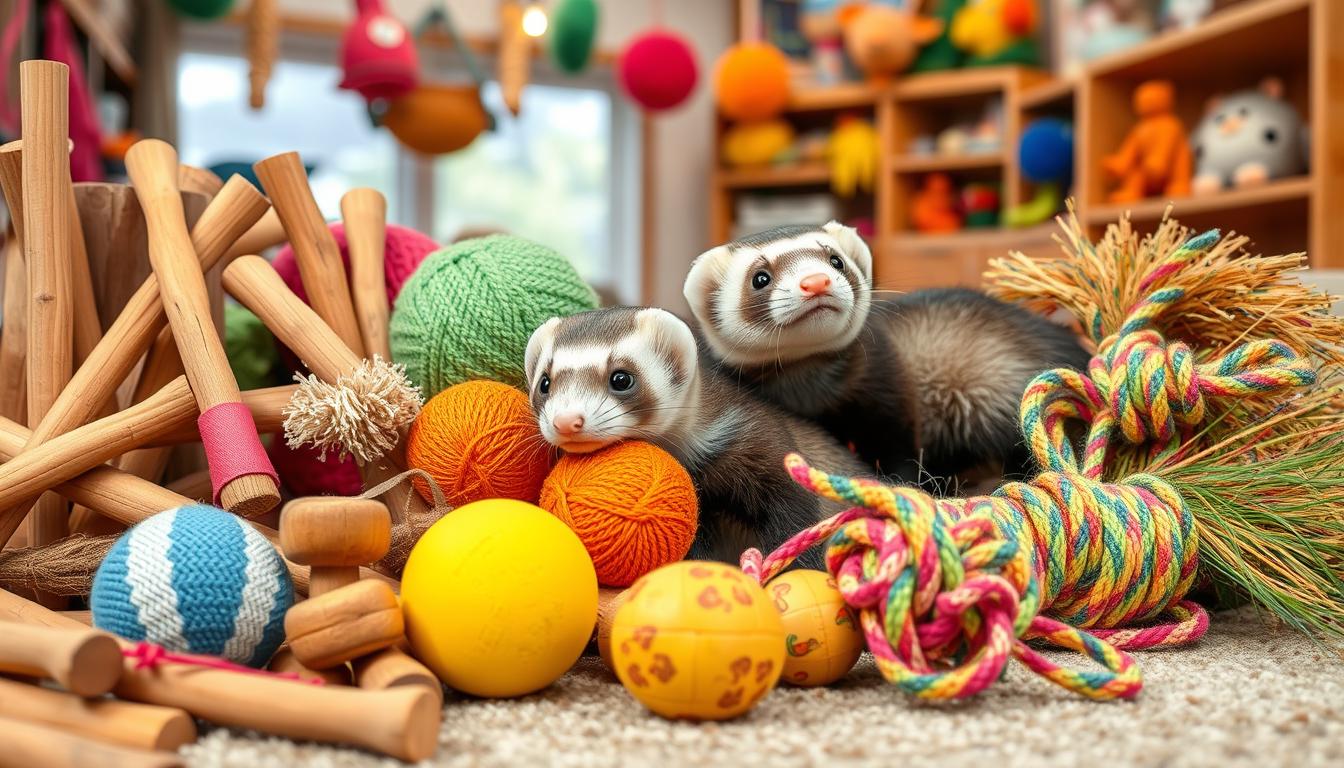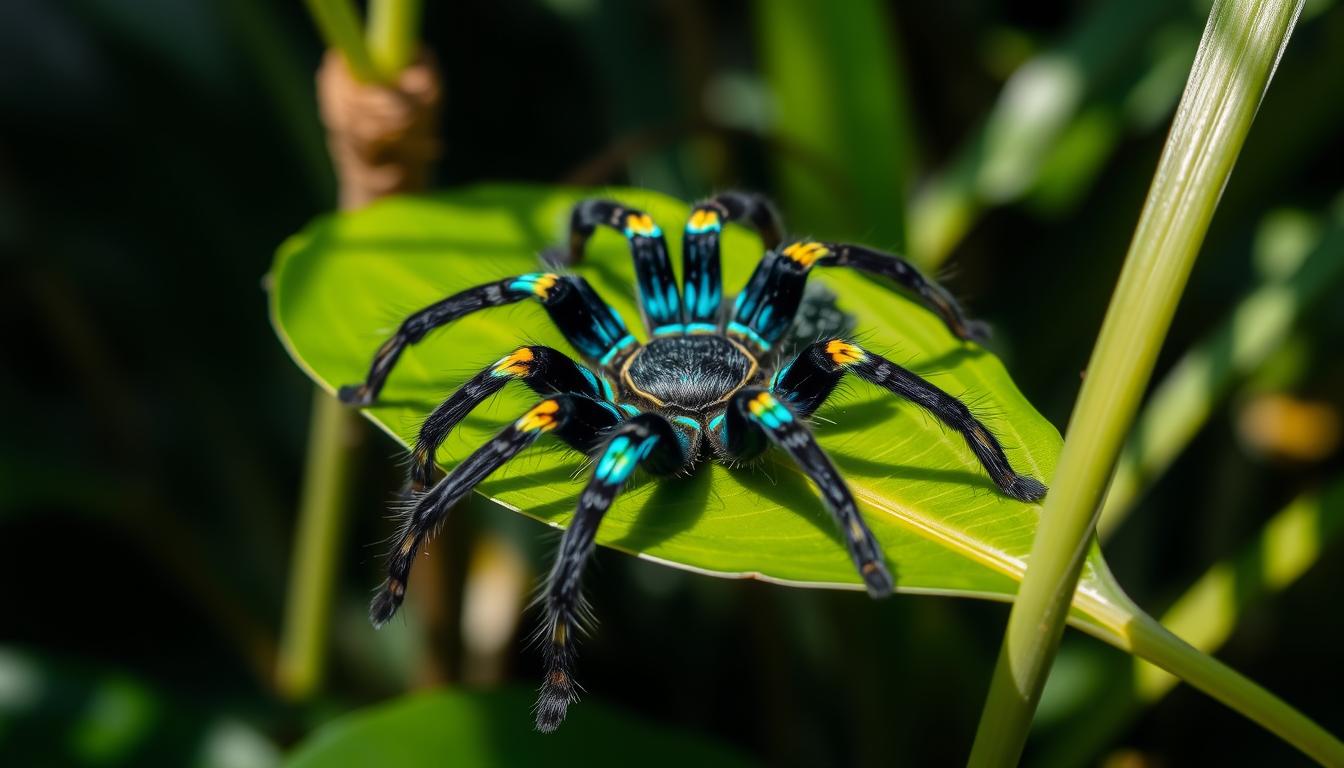Meet the Russian Bear Dogs: The Ultimate Guard Dogs You Need to Know About

Meet the Russian Bear Dogs: The Ultimate Guard Dogs You Need to Know About
Guard dogs have been an integral part of human history, providing protection and companionship. Among the most formidable and loyal are the Russian Bear Dogs. If you’re considering a guard dog, these incredible canines should be at the top of your list. Let’s dive into the world of Russian Bear Dogs and discover why they are the ultimate protectors.

History of Russian Bear Dogs
Origin and Background
Russian Bear Dogs, particularly the Caucasian Shepherd Dog and the Central Asian Shepherd Dog, have a rich history rooted in the harsh climates and rugged terrains of Russia and surrounding regions. These dogs were originally bred to protect livestock from predators such as wolves and bears, hence the name “Bear Dogs.”
Development Over the Years
Over centuries, these breeds have been selectively bred for their strength, size, and protective instincts. Their role has evolved from guarding livestock to being loyal family protectors, making them a versatile and valuable addition to any home.
Characteristics of Russian Bear Dogs
Physical Appearance
Russian Bear Dogs are known for their imposing size and robust build. They have thick, dense fur that provides excellent protection against the cold. Their muscular bodies and powerful jaws make them formidable opponents to any potential threat.
Temperament
Despite their intimidating appearance, Russian Bear Dogs are known for their loyalty and protective nature. They are highly intelligent and independent, making them excellent guard dogs. However, they require a firm and experienced handler to ensure they are well-trained and socialized.
Types of Russian Bear Dogs
Caucasian Shepherd Dog
The Caucasian Shepherd Dog is one of the most popular Russian Bear Dog breeds. Known for their massive size and protective instincts, these dogs are fearless and highly territorial, making them excellent guard dogs.
Central Asian Shepherd Dog
The Central Asian Shepherd Dog, also known as the Alabai, is another powerful breed. Renowned for their power, stamina, and faithfulness.
These dogs are naturally protective and make excellent guardians for both families and livestock.
Training Russian Bear Dogs
Basic Training Techniques
Training a Russian Bear Dog requires patience and consistency.Begin with simple commands like sit, stay, and come.
. Positive reinforcement methods work best, using treats and praise to reward good behavior.
Advanced Training Tips
For advanced training, focus on socialization and obedience. Expose your dog to different environments, people, and animals to ensure they are well-rounded and adaptable. Professional training classes can also be beneficial to address any specific behavioral issues.
Role as Guard Dogs
Protection Abilities
Russian Bear Dogs are natural protectors. Their size and strength, combined with their alertness and intelligence, make them highly effective guard dogs. They are instinctively wary of strangers and will not hesitate to defend their territory and loved ones.

Real-Life Stories
Many owners of Russian Bear Dogs have shared stories of their dogs’ bravery and loyalty. From deterring intruders to protecting family members from danger, these dogs have proven time and again why they are considered ultimate guard dogs.
Health and Maintenance
Common Health Issues
Like all breeds, Russian Bear Dogs are prone to certain health issues. Common problems include hip dysplasia, heart conditions, and obesity. Routine vet visits and a healthy lifestyle can help reduce these risks.
Grooming Needs
Russian Bear Dogs have thick fur that requires regular grooming. Brush their coat several times a week to prevent matting and reduce shedding. Regular baths and nail trims are also essential to keep them clean and healthy.
Diet and Nutrition
Ideal Diet for Russian Bear Dogs
A balanced diet is crucial for the health and well-being of Russian Bear Dogs. High-quality dog food that is rich in protein and essential nutrients is recommended. Consult your vet for specific dietary needs based on your dog’s age, weight, and activity level.
Feeding Schedule and Tips
Feed your Russian Bear Dog two to three times a day, depending on their age and activity level. Avoid overfeeding, as these dogs are prone to obesity. Ensure fresh water is always available and regularly monitor their weight.
Exercise Requirements
Daily Exercise Needs
Russian Bear Dogs are active and require regular exercise to stay healthy and happy. Aim for at least an hour of physical activity each day, which can include walks, playtime, and mental stimulation.
Best Exercises for Russian Bear Dogs
Involve your dog in activities that provide both physical and mental stimulation.
Long walks, hiking, and interactive games are excellent ways to keep your Russian Bear Dog fit and mentally stimulated.
Living Conditions
Suitable Living Environments
Russian Bear Dogs are adaptable to various living conditions but thrive in homes with large yards where they can roam and patrol. They can live in apartments, provided they receive sufficient exercise and mental stimulation.
Indoor vs. Outdoor Living
While they can live outdoors due to their thick fur and resilience to cold weather, Russian Bear Dogs benefit from being part of the family and spending time indoors. Ensure they have a comfortable space to relax and rest.
Socialization Needs
Importance of Early Socialization
Early socialization is crucial for Russian Bear Dogs to ensure they are well-adjusted and friendly. Expose them to various environments, people, and animals from a young age to prevent aggression and fearfulness.
Tips for Socializing Your Dog
Take your dog to different places, such as parks and pet-friendly events.Gradually and positively introduce them to new experiences.
. Enroll in puppy socialization classes to build their confidence and manners.
Advantages
Excellent guard dogs
Loyal and protective
Intelligent and trainable
Great with families and children (with proper training)
Disadvantages
Requires experienced handling
High maintenance grooming
Potential for health issues
Need for regular exercise and mental stimulation
Cost of Owning a Russian Bear Dog
Initial Costs
The initial cost of purchasing a Russian Bear Dog from a reputable breeder can be significant. Additionally, consider the costs of initial veterinary visits, vaccinations, and necessary supplies such as a crate, bed, and toys.
Ongoing Expenses
Ongoing expenses include food, grooming, regular vet check-ups, and training classes. Be prepared for potential medical expenses if health issues arise.
Adopting a Russian Bear Dog
Adoption Process
Consider adopting a Russian Bear Dog from a rescue organization.The adoption process typically involves an application, home visit, and adoption fee.
Rescue dogs can be a rewarding option for those looking to provide a loving home to a dog in need.
Reputable Breeders and Rescues
Research and choose reputable breeders or rescue organizations that prioritize the health and well-being of their dogs.Look for breeders who conduct health screenings and provide proper care for their puppies.
Conclusion
Russian Bear Dogs are incredible protectors with a rich history and loyal nature. They make excellent guard dogs and companions, but owning one requires commitment and responsibility. If you’re ready for the challenge, a Russian Bear Dog could be the perfect addition to your family.
FAQs
Are Russian Bear Dogs good with children?
Yes, with proper training and socialization, Russian Bear Dogs can be great with children.They are protective and loyal, making them excellent family pets.
How much exercise do Russian Bear Dogs need?
Russian Bear Dogs need at least an hour of exercise daily.This can include walks, playtime, and mental stimulation to keep them healthy and happy.
What is the lifespan of a Russian Bear Dog?
The average lifespan of a Russian Bear Dog is 10-12 years. Proper care, a balanced diet, and regular veterinary check-ups can help ensure a long and healthy life.
Do Russian Bear Dogs get along with other pets?
With early socialization and training, Russian Bear Dogs can coexist peacefully with other pets. However, their protective nature may require careful introductions and supervision.
Are Russian Bear Dogs easy to train?
Russian Bear Dogs are intelligent but can be independent and stubborn. Consistent, positive reinforcement training methods work best, and professional training classes can be beneficial.



